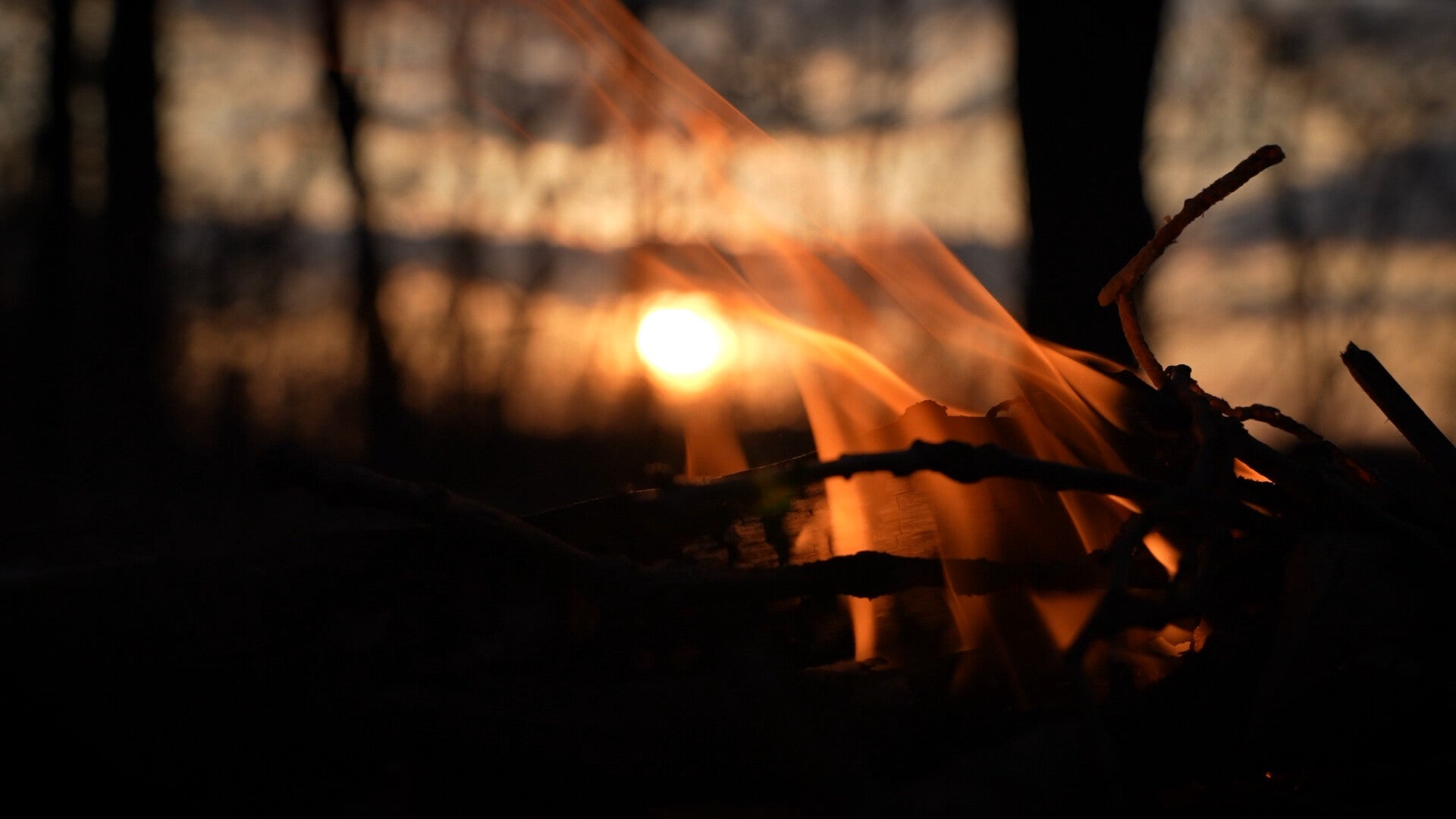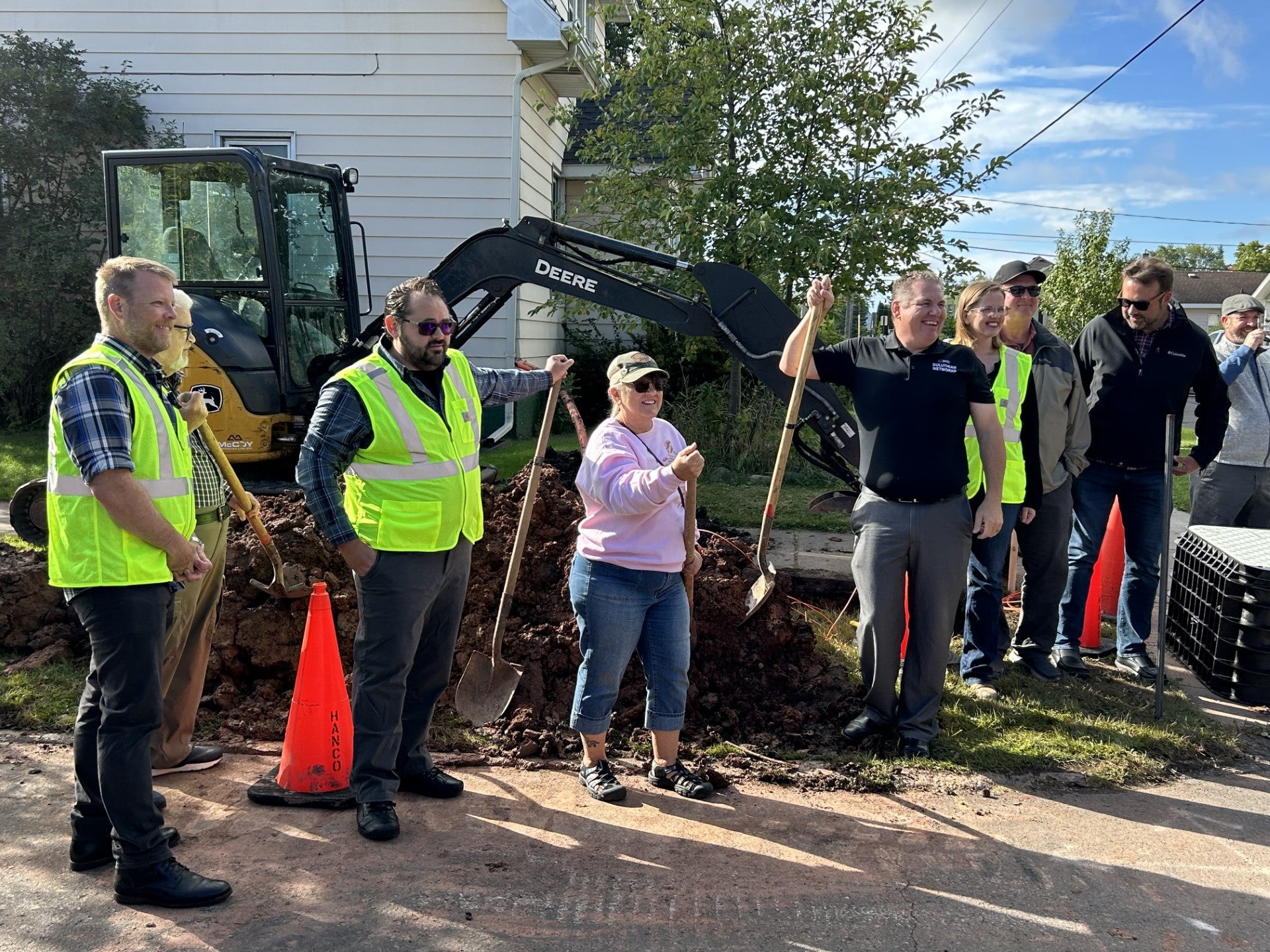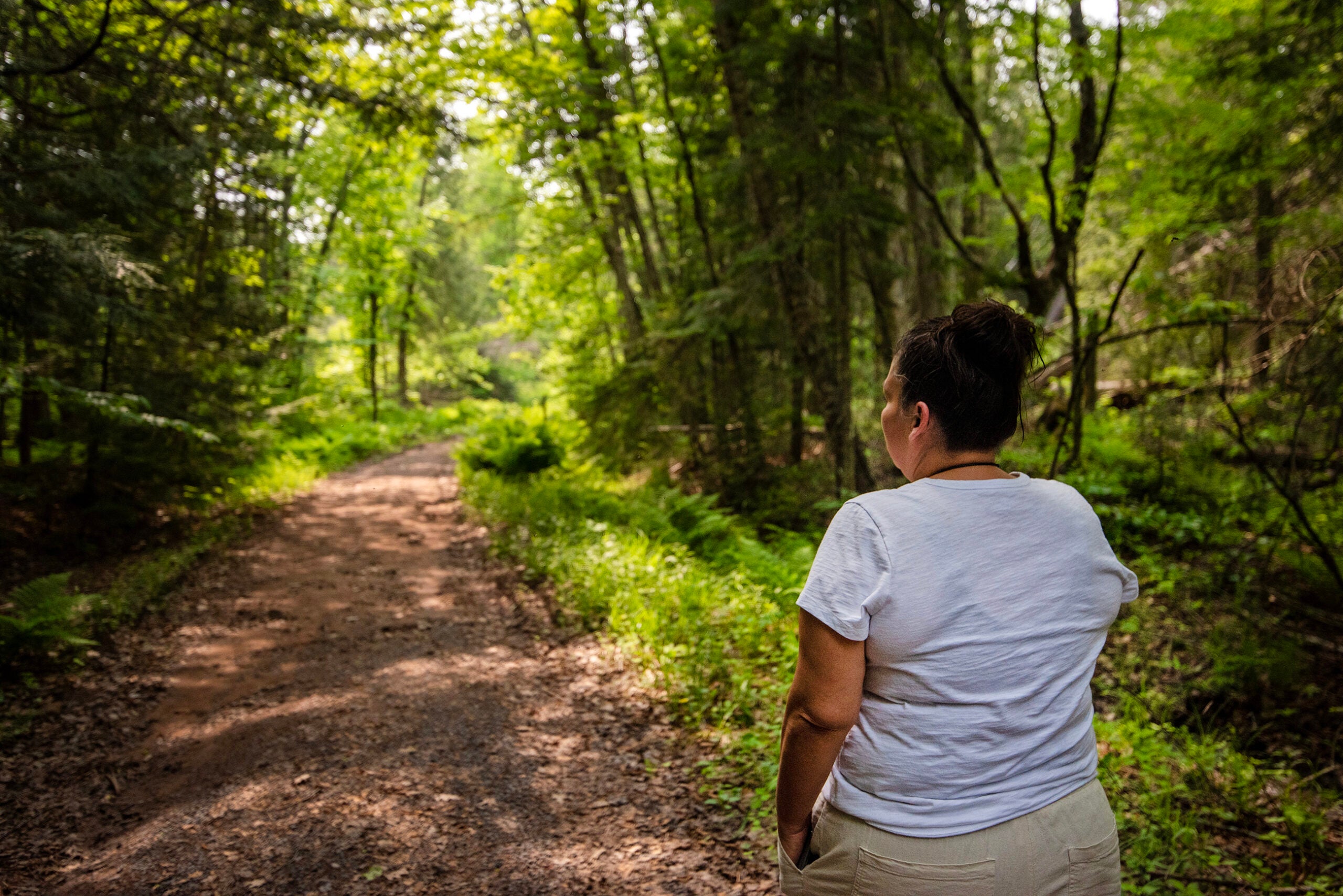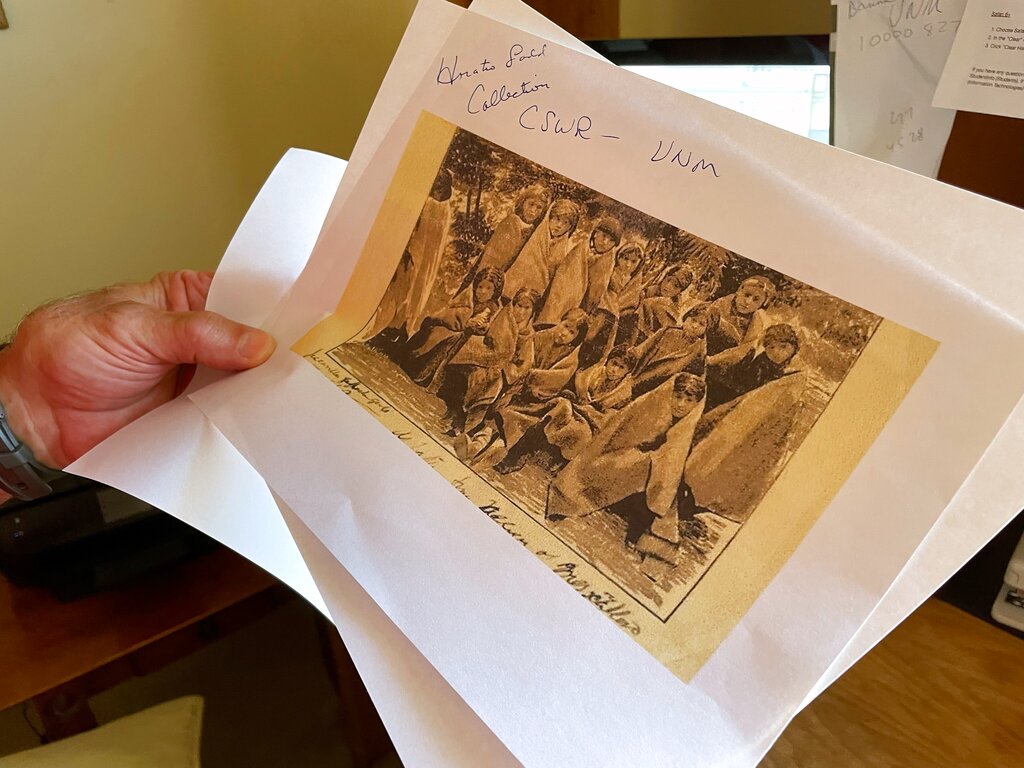Two decades ago, the federal and Minnesota state governments raised nine Department of Defense ammunition barrels from the bottom of Lake Superior. That’s out of almost 1500 dumped there half a century ago. Now, one of the poorest tribes in Wisconsin is apparently succeeding where others have failed. The Red Cliff Band of Lake Superior Chippewa is recovering a scientific sampling of the barrels this month.
In 1994, the Army Corp of Engineers along with the Minnesota Pollution Control Agency made the last attempt to raise these mystery barrels. They snagged only two. In 1990, they recovered seven.
A decade ago, the Red Cliff Band decided that the public has the right to know what’s in those 55-gallon drums secretly dumped two miles from Duluth’s water intake by order of the Department of Defense.
News with a little more humanity
WPR’s “Wisconsin Today” newsletter keeps you connected to the state you love without feeling overwhelmed. No paywall. No agenda. No corporate filter.
Now finally, Red Cliff Tribal Council member Marvin Defoe says they’re raising 70 of the barrels. “It’s taken that long. It’s taken that long to get to this point. There was even one point, through this whole process that everything stopped. Everything stopped.”
Defoe says this is a model in perseverance. Red Cliff Tribal Chairwoman Rose Gurnoe-Soulier agrees, but she says things could have happened faster if the DoD had taken responsibility earlier. She says they didn’t. “I’m saying no because why didn’t they take the initiative to get these barrels out of Lake Superior? Why did it take Red Cliff? Or our supporters, our friends? Why did it take us? So I say no, I say no that they didn’t live up to their responsibility.”
Yet the DoD did come through with funding after agreeing to pay for the removal of a sampling of these barrels. By September 30, 2012, DoD’s Native American Lands Environmental Mitigation Program will have forked over $3.3 million to Red Cliff, the largest tribal ammunition dump clean-up in the nation.
In an interview last April, Red Cliff Environmental Director Melonee Montano says about 40 other tribes also are struggling to have these dumps removed. “The other tribes as well have voiced a lot of concern and frustration having to jump through hoops to receive funding to actually clean this up, especially if it’s within the boundaries. For example, Barrow, Alaska, which is the northernmost point in Alaska, they literally have an area where they call the land of the 10,000 barrels. It’s a ravine filled with barrels.”
Even more remarkable in the case of Red Cliff is that these barrels are actually outside reservation boundaries. They are in what is called the ceded territory. Chippewa tribes ceded that land to the federal government in the Treaties of 1842 and 1854. In exchange for annual payments and reservation land guarantees, the Chippewa people could hunt, fish and gather in the ceded region.
So Chairwoman Gurnoe-Soulier says they need to protect Lake Superior. “The Lake is very important to us. The water is very important. We need that all to survive. So we’re very concerned about that, and we’re very concerned about the federal government’s trust responsibility to make sure that they ensure that our treaty rights we can use. We can live, and we can eat, and we can do all of that.”
Defoe’s father and grandfather took him onto Gitche Gumee, the Ojibwe name for Lake Superior. Now he takes his nine year-old son Talon out. The Bayfield School fourth grader is learning from his tribe’s perseverance, “They’re doing a good job trying to keep the water clean, and I think they will.”
“Is there pride certainly in retrieving these barrels from Lake Superior? Yes there is, and it goes with all of that combined that even through there might be a minute risk to the water or a minute risk to the environment or a minute risk to not just the Chippewa people, but all people who live in this wonderful place that we call home,” Defoe says.
Tribal members say if contamination is found, they’ll go back and remove the rest of the barrels. The barrels will be tested by a laboratory independent of the Department of Defense this winter.
Wisconsin Public Radio, © Copyright 2026, Board of Regents of the University of Wisconsin System and Wisconsin Educational Communications Board.






